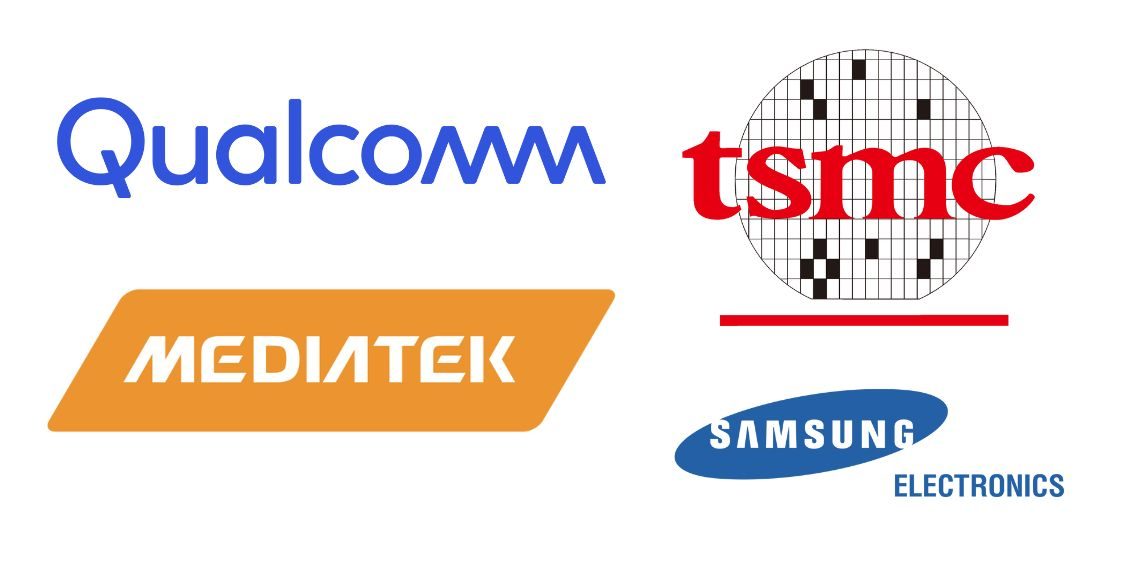The landscape of chip manufacturing is undergoing a significant shift, with Qualcomm and MediaTek steering away from Samsung towards TSMC for their upcoming 3nm processors. This pivotal move follows Samsung’s Snapdragon 8 Gen 1 fiasco, plagued by thermal issues that cast doubts on Samsung’s reliability.
Shift from Samsung: Qualcomm and MediaTek have turned to TSMC for their upcoming 3nm processors due to dissatisfaction with Samsung’s thermal issues experienced in the Snapdragon 8 Gen 1 chip.
Massive Orders for 3nm Chips: TSMC has received significant orders from Apple, Qualcomm, MediaTek, Google, and Microsoft for 3nm architecture chipsets. Apple’s A17 Pro chipset on the iPhone 15 Pro already incorporates TSMC’s 3nm technology.
Performance Improvements: MediaTek’s new 3nm chip boasts up to 18% faster performance and 32% improved power efficiency compared to current 4nm chipsets, possibly the Dimensity 9400 processor.
Qualcomm’s Trust in TSMC: Following the Snapdragon 8 Gen 1’s issues, Qualcomm switched to TSMC for subsequent chipsets, including the Snapdragon 8 Gen 2 and Gen 3, avoiding Samsung’s foundries.
Samsung’s Struggle: Despite having 3nm capabilities, Samsung hasn’t secured significant orders. Their efforts with new transistor technology, Gate All Around (GAA), aim for improved efficiency but await finalized deals, leaving Qualcomm and MediaTek vested in TSMC.
Samsung’s Ambitions: Samsung is investing heavily in chip manufacturing to rival TSMC’s dominance. They aim to launch groundbreaking processors like the rumored Exynos 2500.
The evolution in chip manufacturing technology is witnessing a significant transition, notably with Qualcomm and MediaTek steering towards TSMC’s 3nm architecture, distancing themselves from Samsung’s foundries due to prior thermal issues. TSMC’s reception of substantial orders from tech giants underscores the industry’s preference for its advanced chip production capabilities.
MediaTek’s upcoming 3nm chip promises substantial performance enhancements, hinting at a potential Dimensity 9400 processor. Qualcomm’s consistent reliance on TSMC post-Snapdragon 8 Gen 1’s thermal challenges demonstrates a clear distrust in Samsung’s foundries for flagship-grade chipsets.
Meanwhile, Samsung, despite its technological advancements like the Gate All Around (GAA) transistor design, is grappling to secure major orders for its 3nm chips, raising questions about its competitiveness against TSMC.
As the race for technological supremacy in chip manufacturing intensifies, TSMC stands at the forefront, garnering substantial orders and reinforcing its position as an industry leader. Samsung’s ambitions to establish itself as the top chip manufacturer hinge on securing significant partnerships while navigating competition from TSMC’s advanced technology.



























































































































































